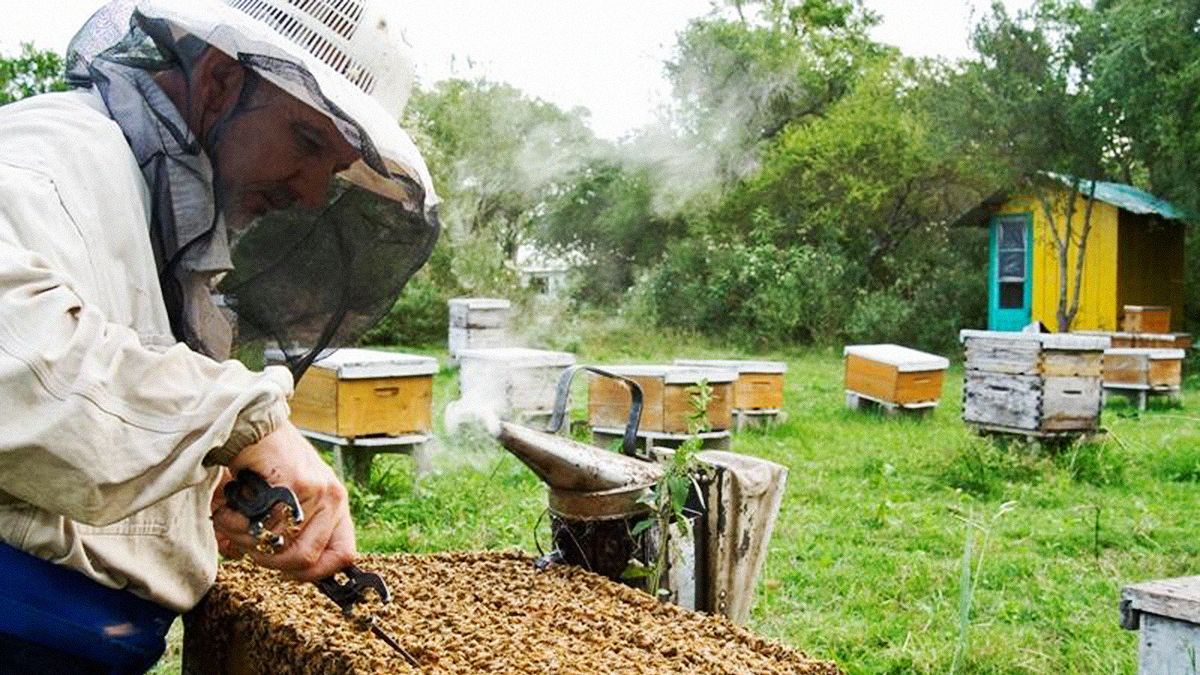Although this global phenomenon occurs for multiple reasons, it seems to be closely linked to the increase in the extent of monocultures.
Uruguay loses 30% of its hives per year, in accordance with a multicausal global phenomenon of reduction in the nests of beeswhich seems to be closely linked to the increase in the extent of monocultures throughout the world.
The content you want to access is exclusive to subscribers.
According to a Telemundo report, Uruguay occupies fourth place at the regional level in loss of hives, behind Chili, Brazil and Colombia, where the decrease is around 55%. In USA and the European Unionit is estimated that between 20% and 40% disappear each year.


Bees play a crucial role in crop pollination, something that contributes to food production and the maintenance of biodiversity. However, various factors such as climate change, the use of pesticides, deforestation and habitat loss are seriously affecting the populations of these anthophiles.
According to Loreley Castelliresearcher at the Clemente Estable Biological Research Institute, the loss of hives is linked “mainly to the extensions of monocultures”, which “reduce the diversity of pollen for bees and general malnutrition” and which also “increase the use of pesticides” , another cause, along with “the presence of multiple pests and pathogens.”
For her part, the researcher Karina Antunez, explained that it was decided to investigate “the annual loss of hives”, divided into two time periods: winter and summer. “In Europe, only winter loss is evaluated, because they estimate that it is where they find the greatest losses of hives.”
“In Uruguay What we are seeing, as in the United States, is that many times summer losses are greater than or equal to winter losses, which is why we are interested in monitoring the loss all year round,” he clarified.
The number of Uruguayan beekeepers decreases year after year
Castelli added that the number of beekeepers has decreased in recent years, and that they must make greater efforts each year to maintain the number of total hives. “This generates a cost not only economically, but also in time,” he pointed out in this regard.
Finally, Antúnez expressed that “not only are we showing that hives are lost and that this is a problem for the beekeeping sector, but that there is a great loss associated with the agricultural sector,” since “a large part of the products we consume in our daily lives depend on or are favored by bee pollination,” he concluded.
Source: Ambito




